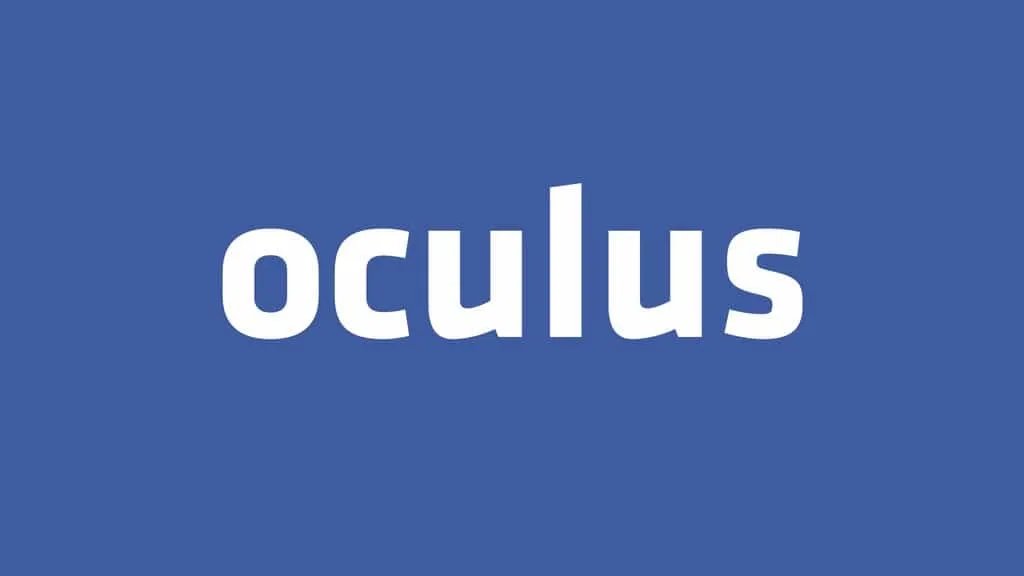From October 2020, Facebook will require anyone using an Oculus device for the first time to log in via a Facebook account. It will no longer be possible to sign-up with a separate Oculus ID.
In addition, starting in 2023 the social media giant will end support for existing Oculus accounts and attach “full functionality” of its headsets to the use of a Facebook account. If you currently use an Oculus account, you’ll be given the option to merge it with a Facebook sign-in, or continue using your account as-is with the expected functionality for the remaining two years.
Notably, Facebook clarified that “all future unreleased Oculus devices” will need a Facebook account to be used. That will include the heavily-rumored new Oculus Quest.
Accept and continue?
Long-time virtual reality enthusiasts can mark August 18, 2020, as the day many of them expected (and some feared) would arrive when they heard Facebook CEO Mark Zuckerberg announce on March 25, 2014 the several billion dollar acquisition of Oculus VR. The announcement comes roughly one year after the startup’s last remaining founder, Nate Mitchell, left Facebook. The move by Facebook represents a stunning realization of its long-term strategy that sees virtual reality as future real estate for its sprawling social networking empire.
On a monthly basis, Facebook connects, filters, and moderates the interactions of somewhere between 2 and 3 billion people, depending on how many accounts are duplicates or fake. Next to the scale of that ad distribution network, VR is yet to impact Facebook’s profits in a meaningful way. Nonetheless, the Oculus Quest standalone released last year retained users more successfully than previous VR efforts, some top VR developers report making more money from the sale of software on that headset than they do with Sony’s PSVR or PC-based VR systems, and Facebook’s head of VR Andrew Bosworth recently wrote that he believed VR’s “inflection point was last fall and the pandemic has accelerated it.”
The policy change furthers a process that sees Facebook unify its acquisitions like Instagram and WhatsApp around a single account and messaging system. The company also faces government inquiries into the use of personal information online and its competitive practices. Late last year, Facebook implemented a policy that if you were logged into Facebook it would use data from Oculus VR headset usage to inform ad targeting.
Facebook’s next steps In VR
While the global pandemic is also forcing people to rely on the Internet more for their education, socialization and employment, the sudden reality of work from home still pushes against serious limits to current generation VR technology. That’s why Facebook seems to be preparing to launch a Quest successor that’s likely to weigh less than current generation hardware while a substantial number of well-paid researchers at the company develop next generation technologies. These include: hyper-realistic avatars that might be driven by future VR headsets with more on-board cameras and sensors; smarter environmental understanding; and optical designs that are substantially lighter and more comfortable to enable longer visits in VR.
“Our goal with this update is to make it easier to find, connect and play with friends in VR. It will also make it possible to integrate more Facebook powered social features – as well as safety and privacy protections. You can still create or maintain a distinct unique profile and have friends in VR that are separate from your Facebook friends,” a statement from Facebook explains. “After January 1, 2023, we will end support for Oculus accounts. If you choose not to merge your accounts at that time, you can continue using your device, but full functionality will require a Facebook account.”
What to expect
Facebook prepared answers to expected questions and a blog post to announce the change, writing that if you don’t use Facebook with VR products from the company “we will take steps to allow you to keep using content you have purchased, though we expect some games and apps may no longer work. This could be because they include features that require a Facebook account or because a developer has chosen to no longer support the app or game you purchased.”
I put a couple questions to a Facebook representative seeking details on what happens in cases where people choose this moment to opt out of the Facebook experience entirely. I asked if the Oculus Rift, Rift S, and Quest in Oculus Link mode will still have “full functionality” with SteamVR from 2023 onward for folks who decline to use a Facebook account, and I also asked if they could detail the “steps to allow you to keep using content you have purchased.” Some people likely purchased an Oculus device like Quest specifically because Facebook was optional, so I asked if Facebook would be offering refunds for hardware or VR applications purchased from Oculus, particularly in cases where a developer decides to stop updating their app after this policy change.
This is Facebook’s full response to those questions:
“Sideloading apps will still be possible after January 1, 2023 – whether you are using a PC VR headset or Oculus Quest using Oculus Link – so long as it is done in accordance with our developer policies, including our Platform Abuse Policy,” a spokesperson explained. “If existing users choose not to merge their accounts when this change takes effect, they can continue using their Oculus account for two years. As we get closer to 2023 we will have more to share about the steps we will be taking to allow people to keep using content they have purchased if they choose not to log in with a Facebook account.”






























